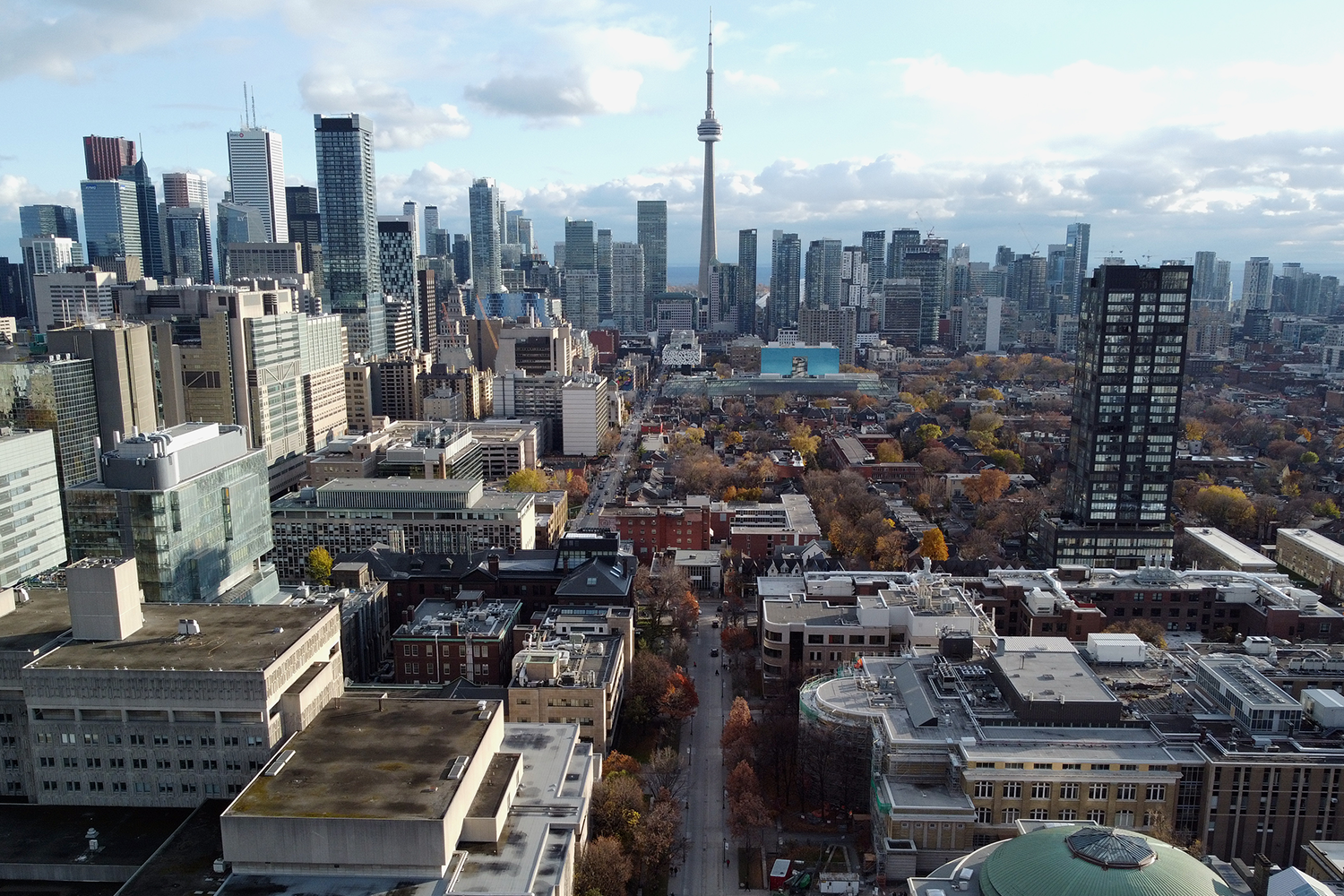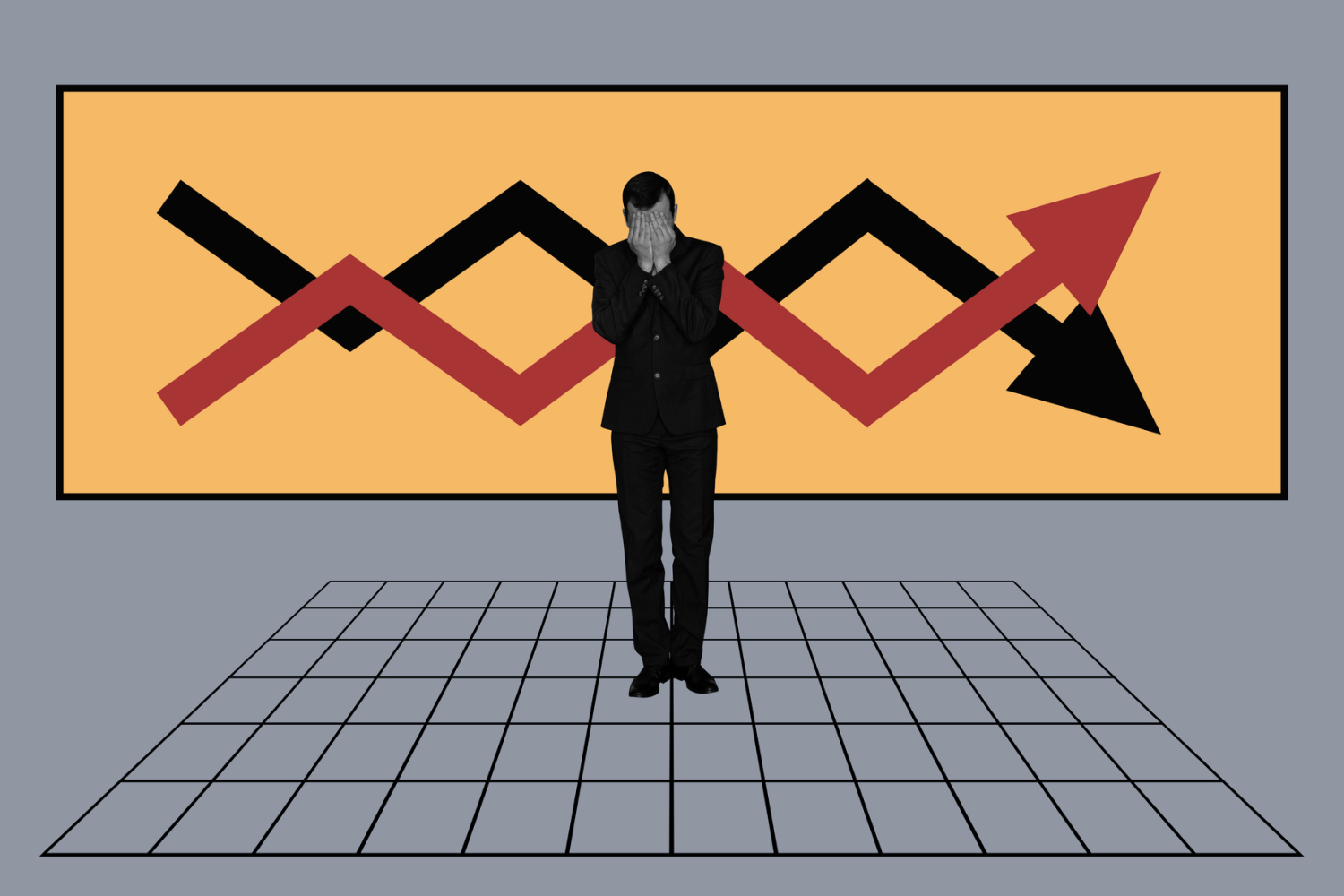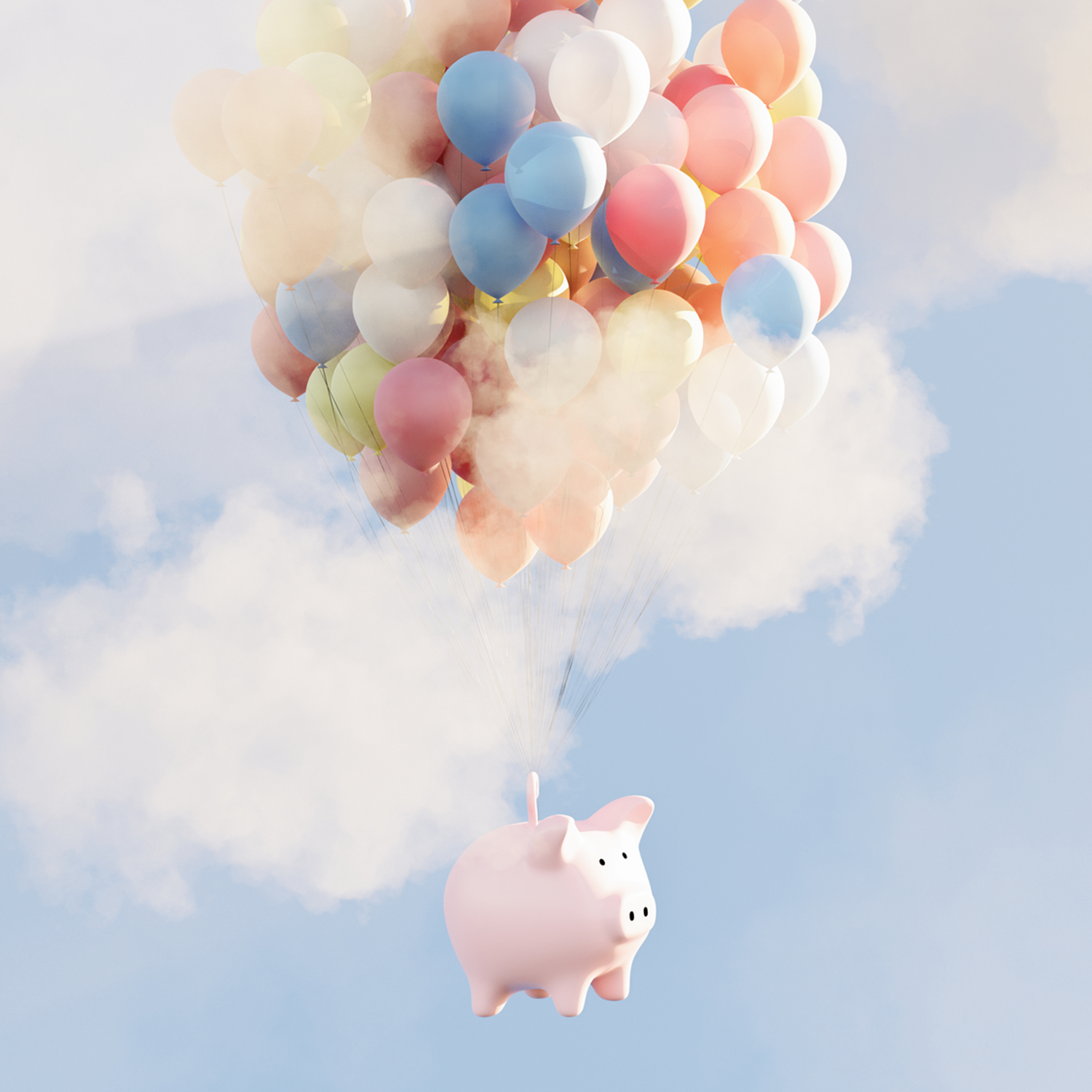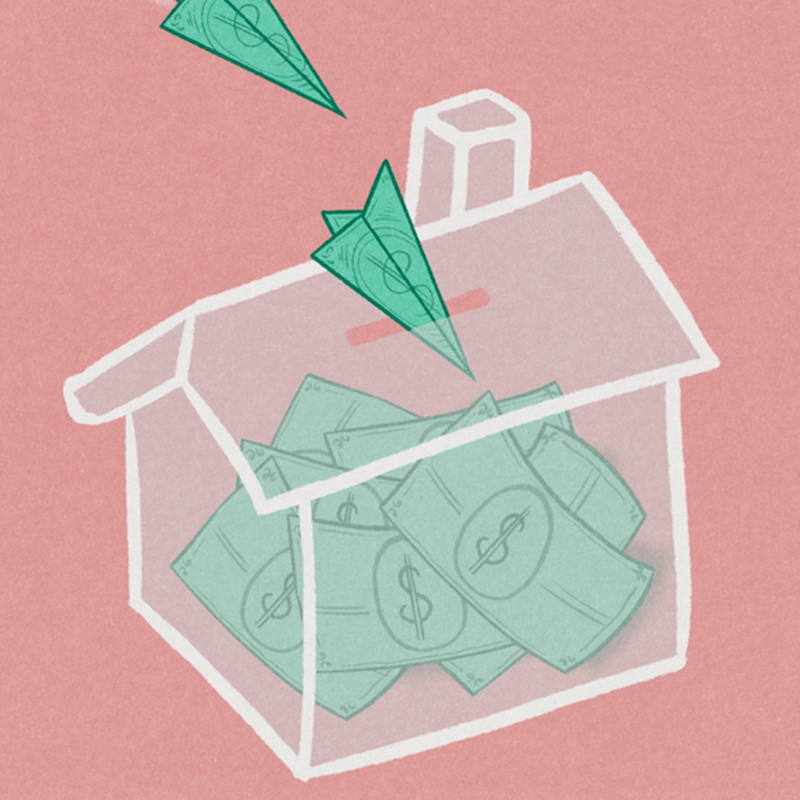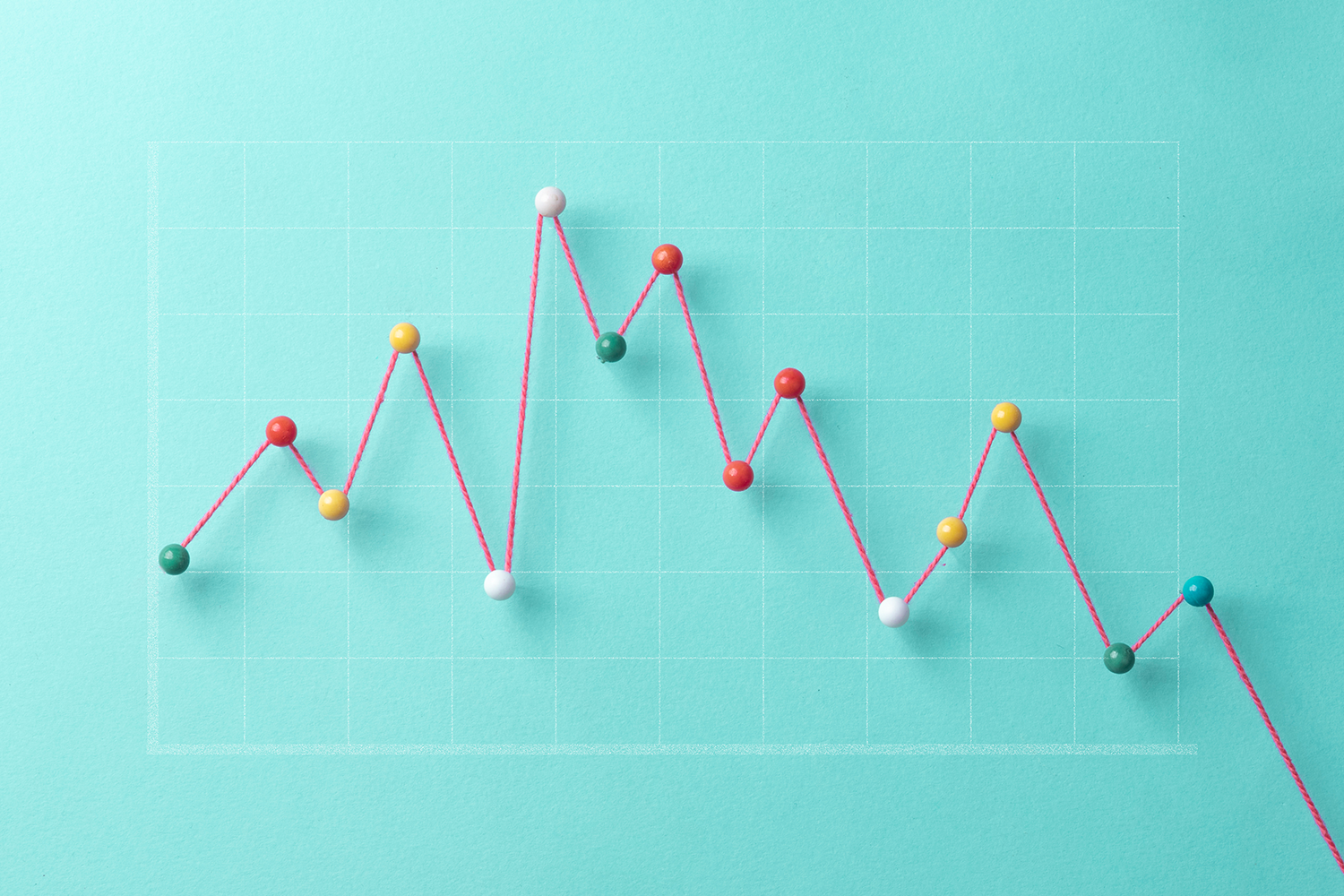Cardi B. and Elon Musk Think We’re Headed for a Recession

Tesla CEO Elon Musk and rapper Cardi B. are sounding the alarm on the economy.
Last week, in an email to Tesla executives titled “pause all hiring worldwide,” Musk said he had a “super bad feeling” about the economy and told executives to cut 10 per cent of jobs at the company. (Since then, he has sent mixed signals about reducing headcount at the electric-vehicle maker.) And on Sunday, rapper Cardi B. tweeted “When y’all think they going to announce that we going into a recession?” to her 22.9 million followers.
Musk and Cardi B. join the chorus of economists, banks and business leaders—including JP Morgan Chase CEO Jamie Dimon, Snap CEO Evan Spiegel and Wealthsimple CEO Michael Katchen—who are raising concerns about a grim economic outlook. From high inflation to a bruised stock market, and recent interest rate hikes, experts are worried a recession is on the horizon.
“In the past, some of the times when we’ve seen these interest rate hike cycles, the end result was a recession,” says Avery Shenfeld, chief economist at CIBC Capital Markets. “That is the centre of worries right now—whether or not the interest rate hikes necessary to contain inflation will throw the economy into recession.”
What are the signs of a recession?
A recession occurs when there are two back-to-back quarters of negative economic growth, measured by gross domestic product, or GDP. Canada’s GDP grew 3.1 per cent in the first few months of 2022—though slower than what economists had expected, it is a sign that our economy is bouncing back from the pandemic.
But fears of a recession are still mounting: The Bank of Canada, or the BoC, and other central banks around the world are signalling successive interest rate hikes to tame decades-high inflation. In Canada, inflation hit 6.7 per cent in March 2022—a 31-year high—and reached 8.3 per cent in the U.S. in April.
Banks need to toe the fine line between raising interest rates just enough to control inflation—and to slow economic growth—and sending the economy into a recession. If central banks raise interest rates too fast and too high, the economy may slip into recession, according to Sal Guatieri, senior economist and director at BMO Capital Markets. Meanwhile, leaving inflation unchecked could push the prices of consumer goods further up, and also spark a recession.
In Canada, the majority of economists surveyed by Finder cite the war in Ukraine, the pandemic, a drop in house prices and soaring inflation, along with the interest rate hikes, as some of the factors that could tip our economy into a downturn.
Some economists in the U.S. also see climbing energy and commodity prices, supply chain issues and the pandemic as factors that may influence a recession. And what the U.S. Federal Reserve does to control inflation could affect Canada as well. “If the U.S. raises interest rates too far, and the American economy falls into recession, typically Canada would be swept up by that,” says Shenfeld. “So, we are dependent on both the U.S. and Canadian central bankers making the right call about how far to raise rates.”
Jobs are another sign of whether or not we’re heading towards a recession. Employment typically drops during a recession, adding downward pressure on wages. Yet, in Canada, the unemployment rate fell to 5.2 per cent in April—a historic low. Because Canada is experiencing a labour shortage, workers currently have more power to be selective in their employment and shop around for higher-paying jobs.
What this means for Canadians
Canadians can breathe a sigh of relief because we’re not in a recession right now—as over two-thirds of us seem to think—nor will we be in one this year.
To answer Cardi B.’s question, Guateiri says, “The risk of a recession will build through next year and perhaps 2024—especially if the central bank has to raise rates higher than expected to address inflation.” The central bank hinted at raising its key interest rate above its three per cent target to tame inflation, and suggested it will increase the overnight lending rate up to four more times this year.
For those of us who want to be prepared, some tips include to stay course on your investment strategy, secure a new job if you’re looking while unemployment is at a record-low and set some cash aside to cover a year or more of living expenses, if you can. Both Shenfeld and Guatieri suggest Canadians build up their savings and pay down high-interest debt now if possible. Doing the best you can might not completely protect you from a recession, but taking even the smallest steps can help you better navigate a possible downturn.


